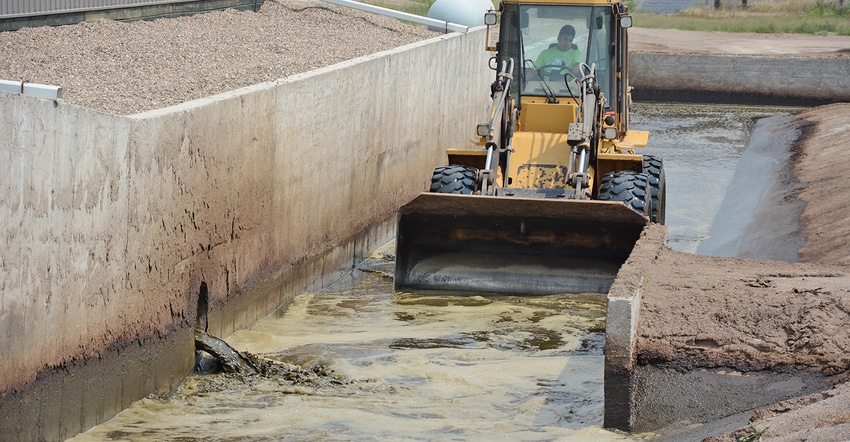November 24, 2017

Knowing the risks that can occur with manure gas is important for those farms raising animals and for others who may visit your farm, according to the Upper Midwest Agricultural Safety and Health Center.
Hydrogen sulfide is a colorless, flammable and extremely hazardous gas. It is produced by the breakdown of animal wastes or manure. It is heavier than air and can collect in enclosed pits, open-air lagoons and low-lying areas, such as ditches or manholes.
Take time to protect yourself, your family and others by incorporating basic principles into your manure management plan. Follow a safety checklist and check out additional resources listed below.
UMASH offers this checklist that suggests several ways you can be prepared in case of a farm emergency:
• Does the storage area have protective fencing and locked gates to prevent anyone not authorized from entering the area?
• Are warning signs posted around the storage area such as “Danger,” “No Smoking” and “Risk of Drowning?”
• Is there an emergency plan in place, with phone numbers and addresses posted?
• Has everyone received training about the hazards that exist with manure storage, including the effects of various gases on animals and people, and what to do in an emergency?
• Is personal protective equipment (harnesses or breathing apparatuses) readily available?
• Do you ventilate the pit prior to pumping, during pumping and while working near the pit?
• Do you have a properly working gas monitoring system or device?
• Do you have at least two people present when working near the manure lagoon or pit?
You can download and print a PDF checklist to complete safety checks on your farm available at Manure Gas Farm Safety Check. Keep the completed forms for follow-up, future reference and inspection.
UMASH offers these additional online resources:
• Reducing Risks from Manure Storage Agitation Gases
• Non-Enclosed Manure Storage Safety Tips
Source: UMASH
You May Also Like




